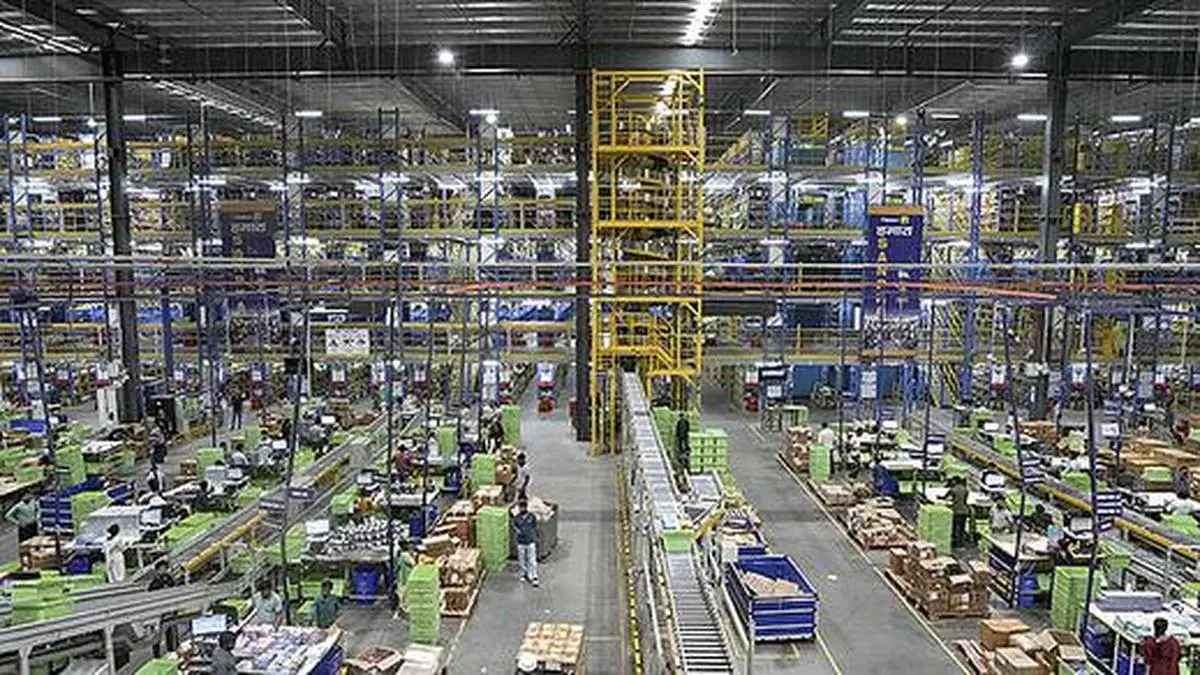By Contributor,Josie Cox
Copyright forbes

Even among primary earners, most women handle the majority of household, childcare, and eldercare duties.
Getty Images
A huge swathe of women in the workplace are dealing with mental health challenges, triggered by an array of factors — from stress related to a lack of childcare, to concerns about personal safety and microaggressions— and many are suffering in silence, new research by Deloitte shows.
Deloitte’s annual Women at Work report, based on responses from 7,500 women across 15 countries, found that only half of women working rate their mental health as good, and just four in 10 feel able to switch off from work.
Nearly a third say they are “very” or “extremely” worried about their safety at work, and more than a third report experiencing non-inclusive behavior. Yet almost nine in 10 believe managers would judge them negatively if they disclosed mental health struggles.
Physical health is also strained. Fewer than 60% rate it positively, while a quarter face challenges linked to menstruation, menopause, or fertility—often working through significant pain. Just one in 10 believe their manager would know how to respond.
At home, Deloitte found, many women still shoulder a “double burden.” Even among primary earners, most women handle the majority of household, childcare, and eldercare duties. Only one in five women with children say they have access to affordable childcare, and Deloitte estimates these care gaps cost businesses more than 2 million lost workdays annually—roughly $16.5 billion in productivity.
MORE FOR YOU
Unsurprisingly, considering the report’s findings, retention is at risk. Only 5% of women surveyed plan to stay with their employer for more than five years. Career development, flexibility, and competitive pay top the list of reasons to remain—yet many workplaces still lag on these things. Six in 10 respondents say equal parental leave is “very important,” but just 6% report their employer offers it. Among mothers, only two in 10 say their partner has access to flexible work.
Concerns about safety and harassment also persist. One in three women say they worry about their personal safety at work, and one in 10 when traveling for business. Two in 10 report harassment by colleagues, and 17% by clients or customers. And although many incidents are reported, only one in 10 believe action will be taken.
Deloitte surveyed 7,500 women across 15 countries and seven sectors for the report, between October 2024 and January 2025. Participants were based in Australia, Brazil, Canada, China, Germany, India, Italy, Japan, Kenya, Mexico, Norway, South Africa, United Arab Emirates, the United Kingdom, and the United States.
Editorial StandardsReprints & Permissions



